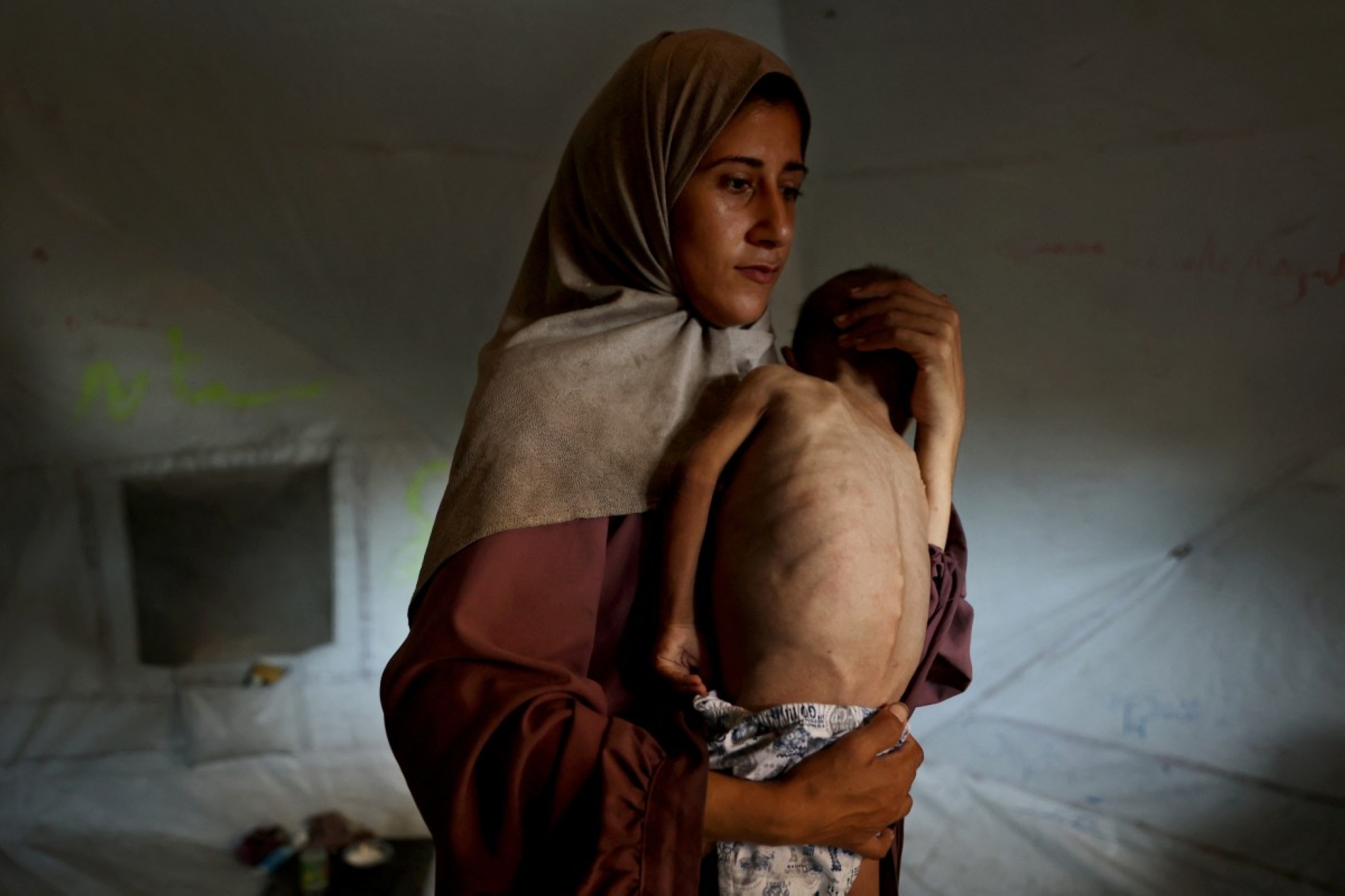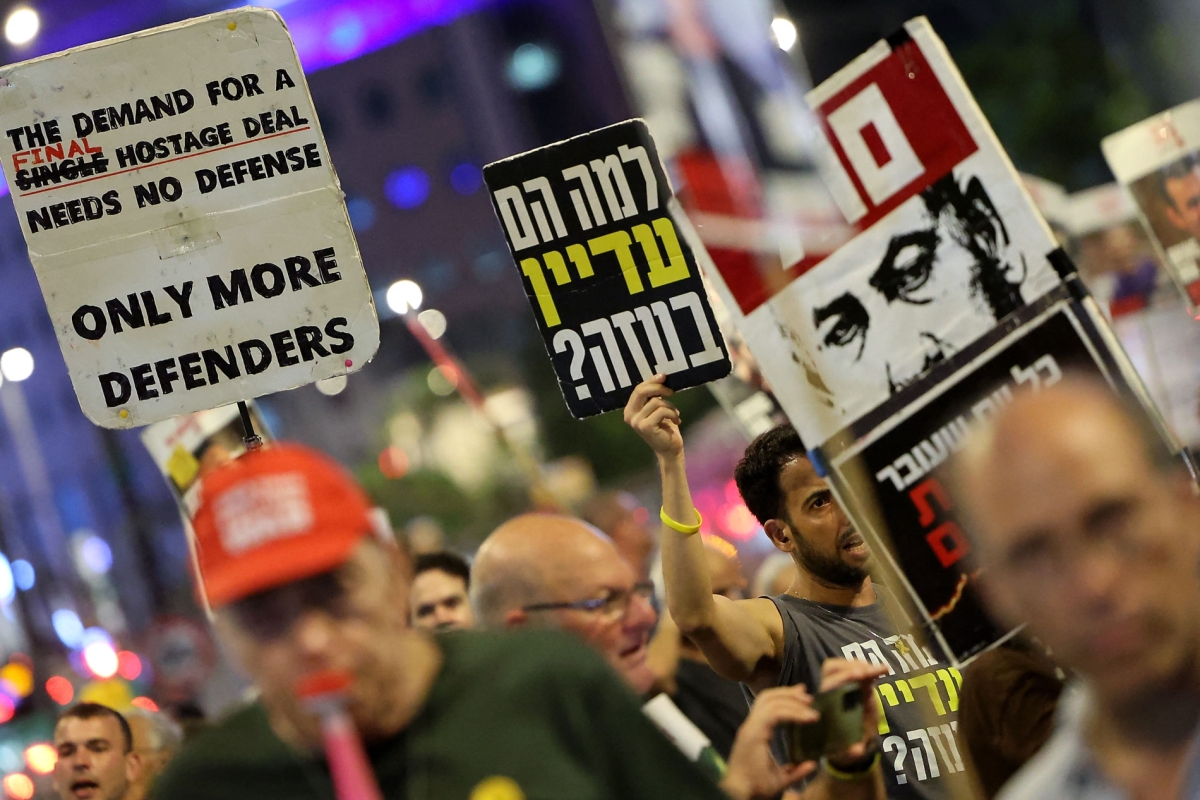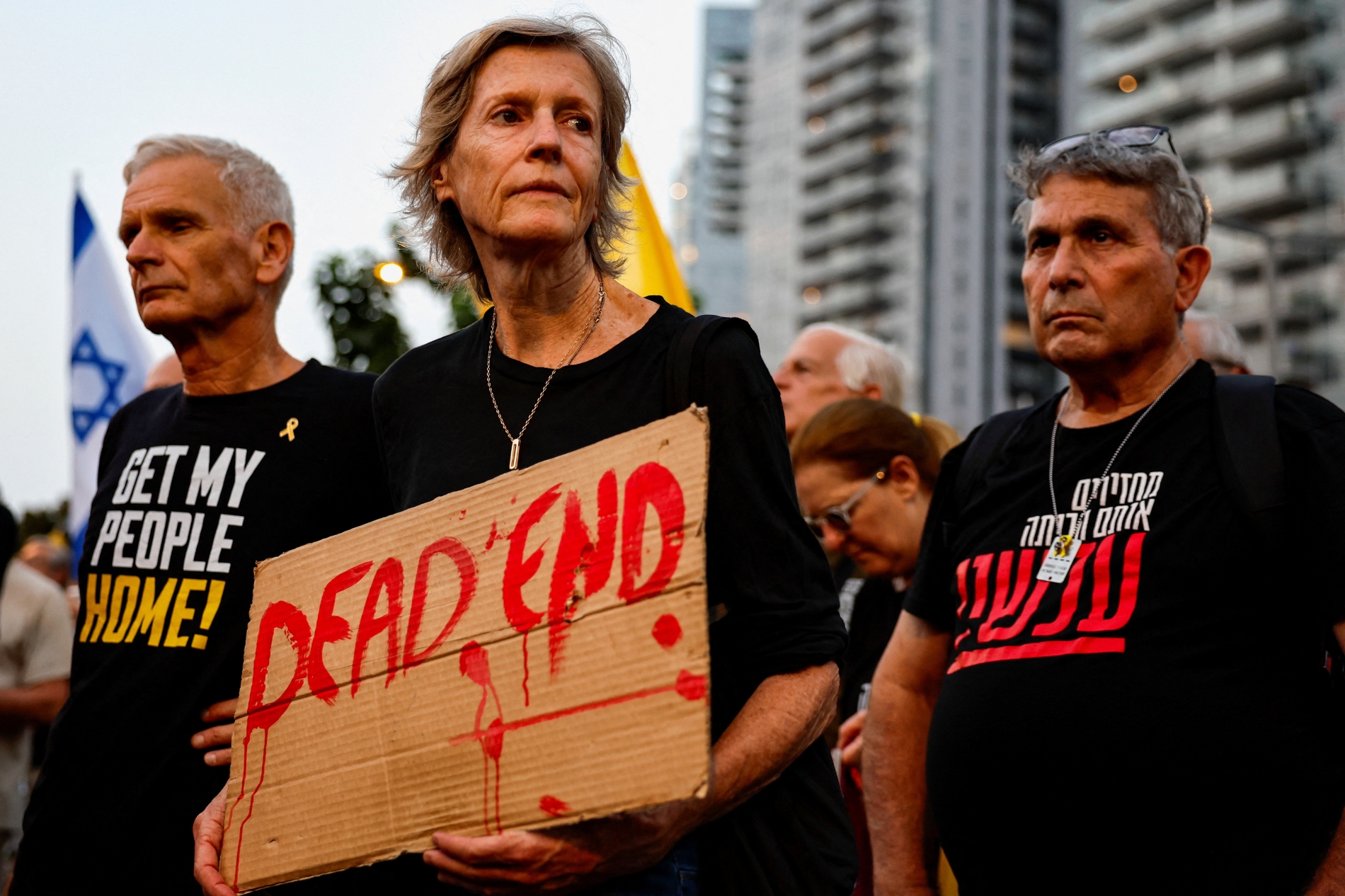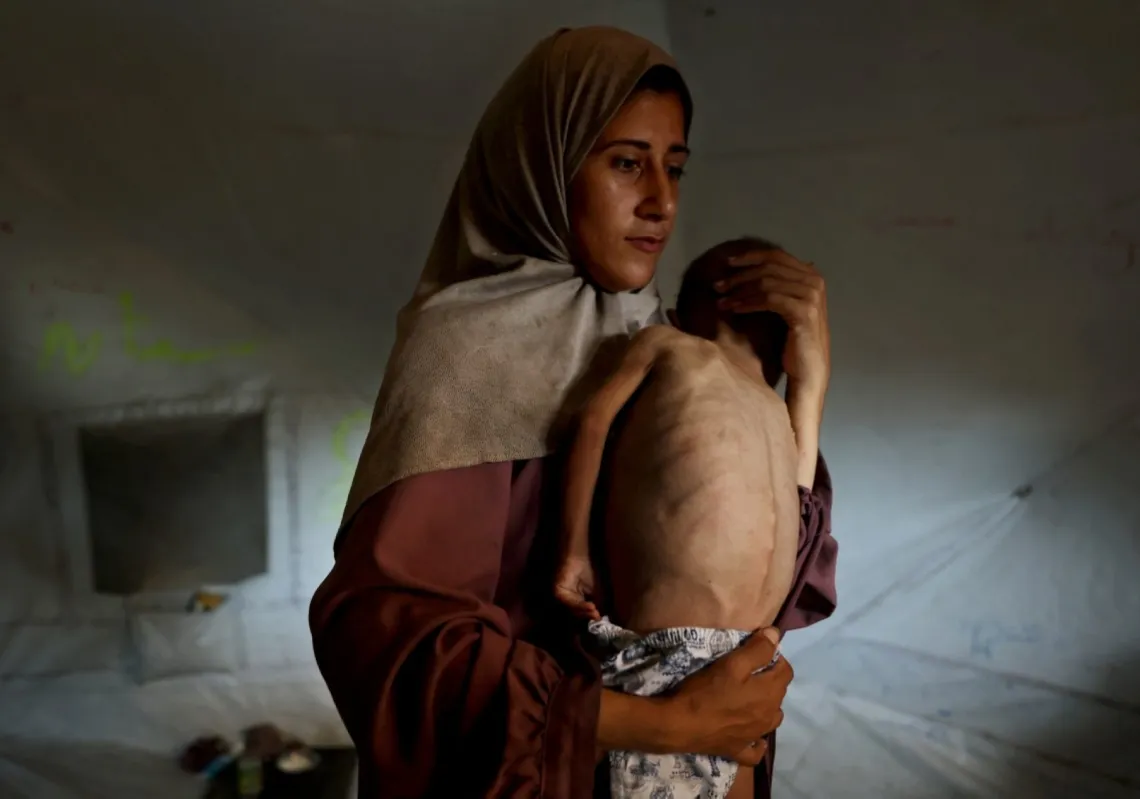In July, two video clips emerged from Gaza showing visibly emaciated and malnourished Israeli captives—soldiers captured by Hamas during the Gaza war. The images sent shockwaves across Israeli society, exposing what Israeli Prime Minister Benjamin Netanyahu's government had been desperately trying to conceal: despite stating that its key war aim is to free the captives, its insistence to continue said war could ultimately lead to their deaths.
The videos of the two prisoners released by Hamas's Qassam Brigades division serve as a damning testament to the Israeli government's political and military failure, evidenced by an Israeli public that has finally turned against the war, with more than 60% of Israelis now favouring an end to the war in exchange for the hostages’ return.
Meanwhile, Netanyahu's tried and tested methods of rallying public sentiment—drawing parallels to images of emaciated Jews in Nazi prisoner camps—didn't work. And even though the Israeli public has seemingly caught onto Netanyahu's tricks, he still finds a way to sabotage prisoner exchange deals to prevent an end to the war.
As for global opinion, the shift against Israel's war on Gaza happened a while ago. But especially after emaciated children in Gaza began to proliferate in recent weeks, Netanyahu's likening of rail-thin captives to Nazi Germany has largely fallen on deaf ears in the international community. At least 100 people have been starved to death since Israel began its war on Gaza in October 2023, with multiple stages of forced starvation throughout.

However, in recent weeks, the phenomenon has risen exponentially. Not only are children dying as skeletons, but civilians seeking aid from the controversial US-Israel-backed Gaza Humanitarian Foundation have been shot dead while trying to fight for limited parcels of basic aid like flour and pasta. More than 1,000 have been killed in this manner so far, further enflaming global opinion.
But instead of trying to tame international outrage, Netanyahu has doubled down on the war, announcing that Israel would now seek to occupy the entirety of Gaza by seizing the remaining quarter of the enclave in Gaza City, Deir Al-Balah and the surrounding refugee camps. It would then try to push the remaining 1 million Palestinians southward over the next few weeks.
Highly-unpopular plan
The plan has not only drawn international criticism, but it has also been slammed by several Israeli military leaders who warn it is a gamble that could cost the hostages’ lives. At least 42 have already been killed since the war began—some by Israel itself. They also warn that any long-term occupation of Gaza risks bogging the army down into open-ended operations that could cost more soldiers their lives and even risk more captures.
















